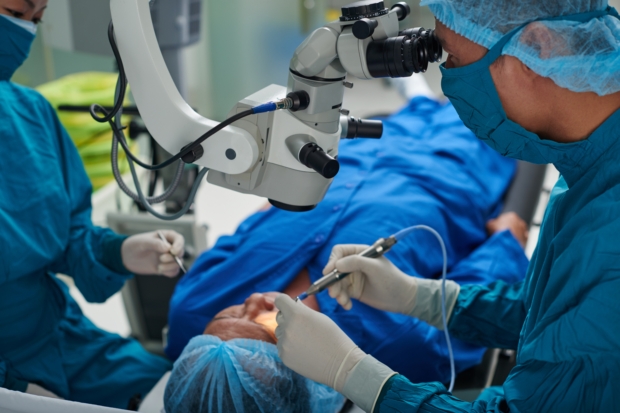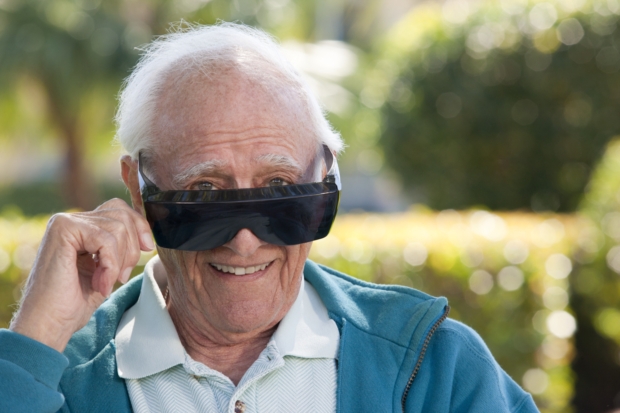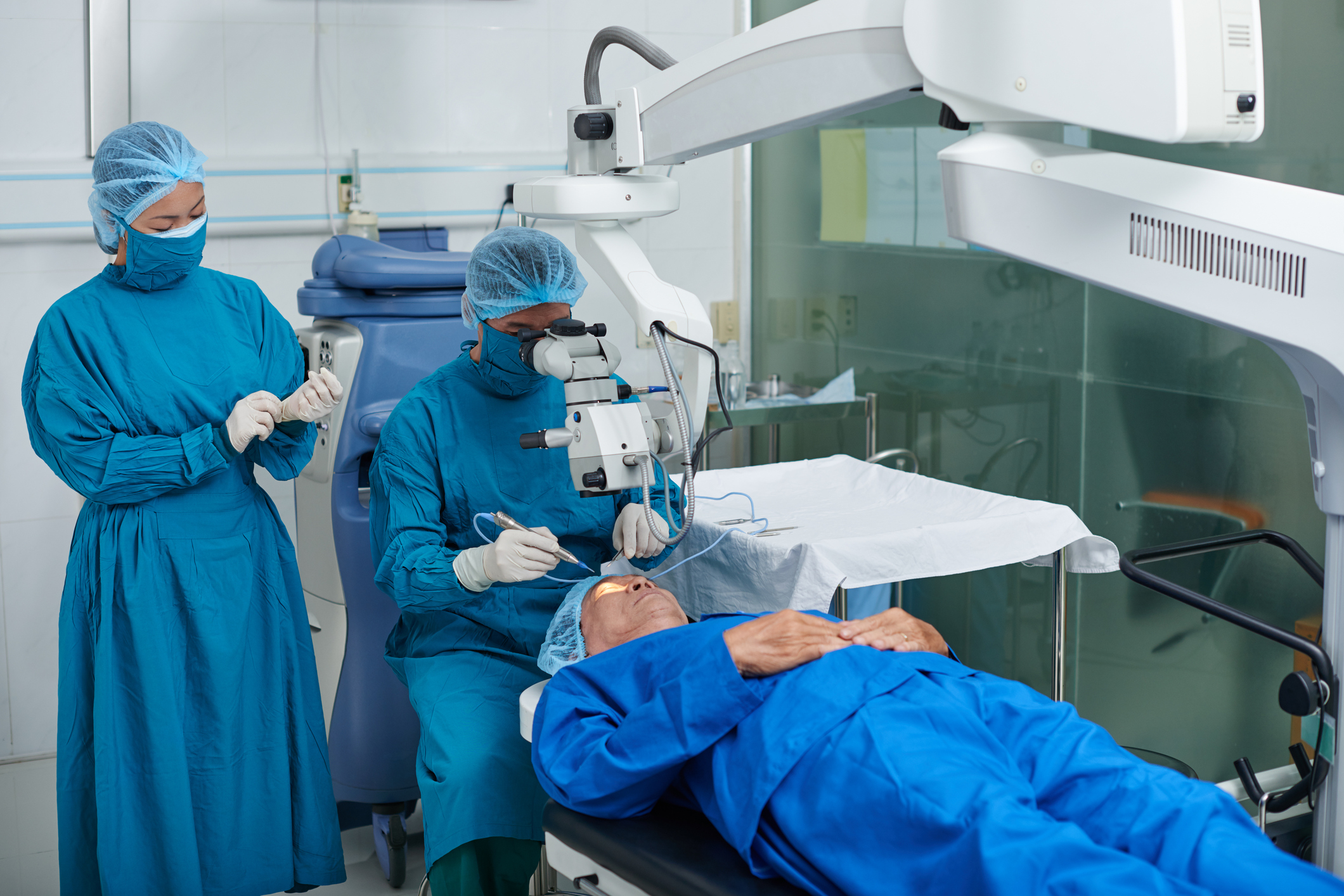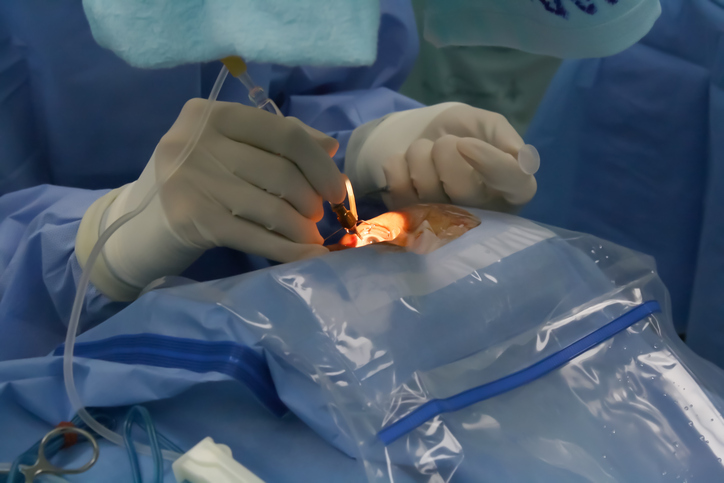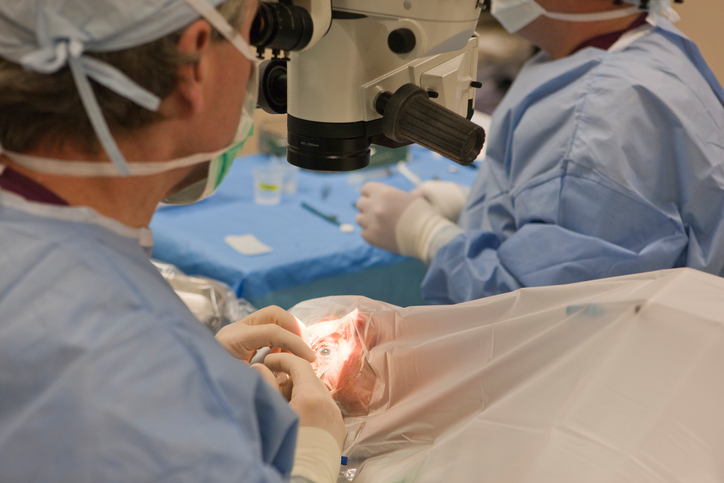Vision loss in seniors after cataract surgery may be prevented with new eye pressure test
Vision loss in seniors after cataract surgery may be prevented with new eye pressure test. Cataracts are a common condition associated with aging, and nearly half of seniors over the age of 75 will develop cataracts. Lead researcher of the study John Jarstad explained, “The current standard of care following cataract surgery is to refill ...click here to read more

